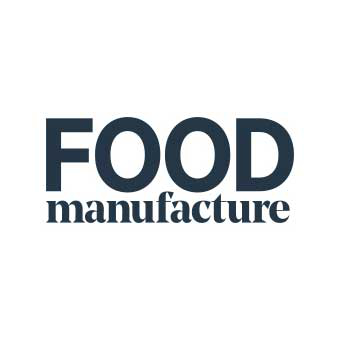Brexit opens up British biotech bonanza
The authors, Fred Roeder, Maria Chaplia, and Bill Wirtz, emphasise how timely the note is given Brexit approaching its final stage and Boris Johnson’s ambition to ‘liberate the UK’s bioscience sector from anti-genetic modification rules’.
“Revolutionising the UK biotech sector by allowing it to utilise the latest developments of genetic engineering in food production and healthcare is only possible if the existing restrictions are relieved and replaced with a more pro-consumer, pro-innovation, and prosperity-fostering approach,” said CCC managing director Mr Roeder.
“Driven by a noble aim ‘to protect human health and the environment and ensure consumer choice’, the strict legislation on GM products in the UK has, however, failed to recognise the advantages of gene modification and how it could benefit consumers. This foregone opportunity to encourage the progress of the UK biotech sector has left the UK far behind numerous countries,” added Ms Chaplia.
Mr Wirtz ventured: “GM pest-resistant crops could save about £60 million a year in pesticide use in the UK. This would be much welcomed by UK farmers and consumers. Moreover, £60 million in savings means more leeway for competitive food pricing within the country. With food prices in the EU rising by 2% annually, the UK could prove that food can become cheaper by more than just dropping tariffs, but also through more efficient and technologically advanced farming and by dropping non-tariff trade barriers such as the extremely strict EU GMO rules.”










